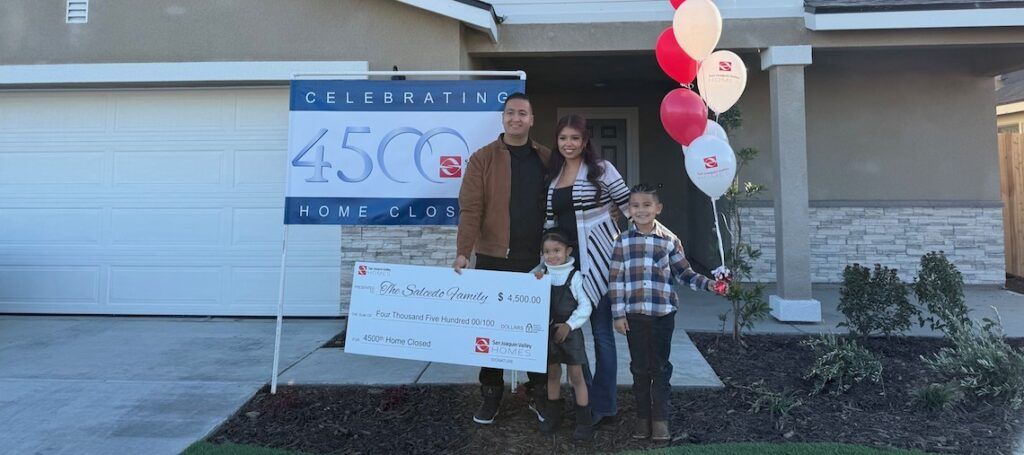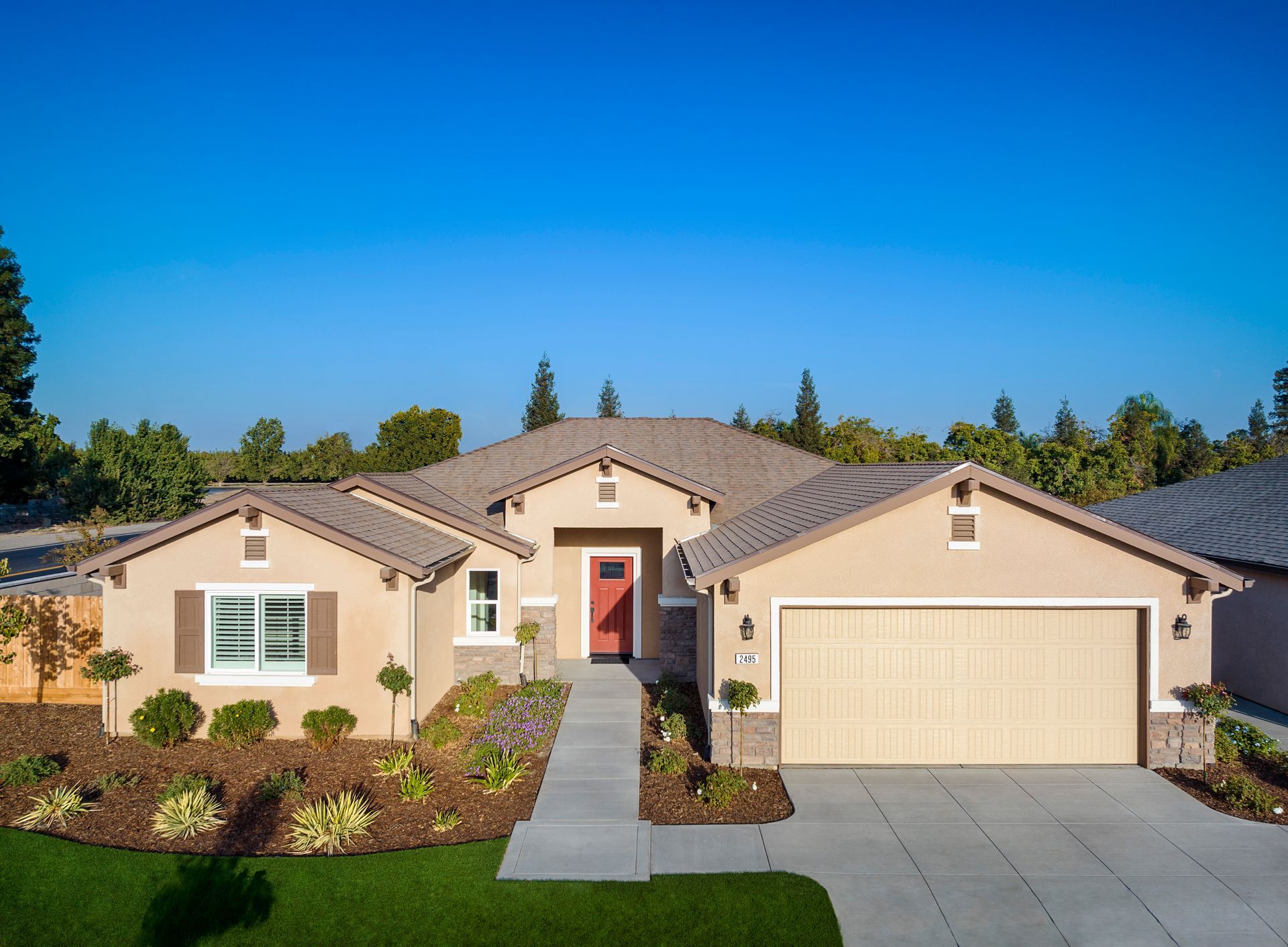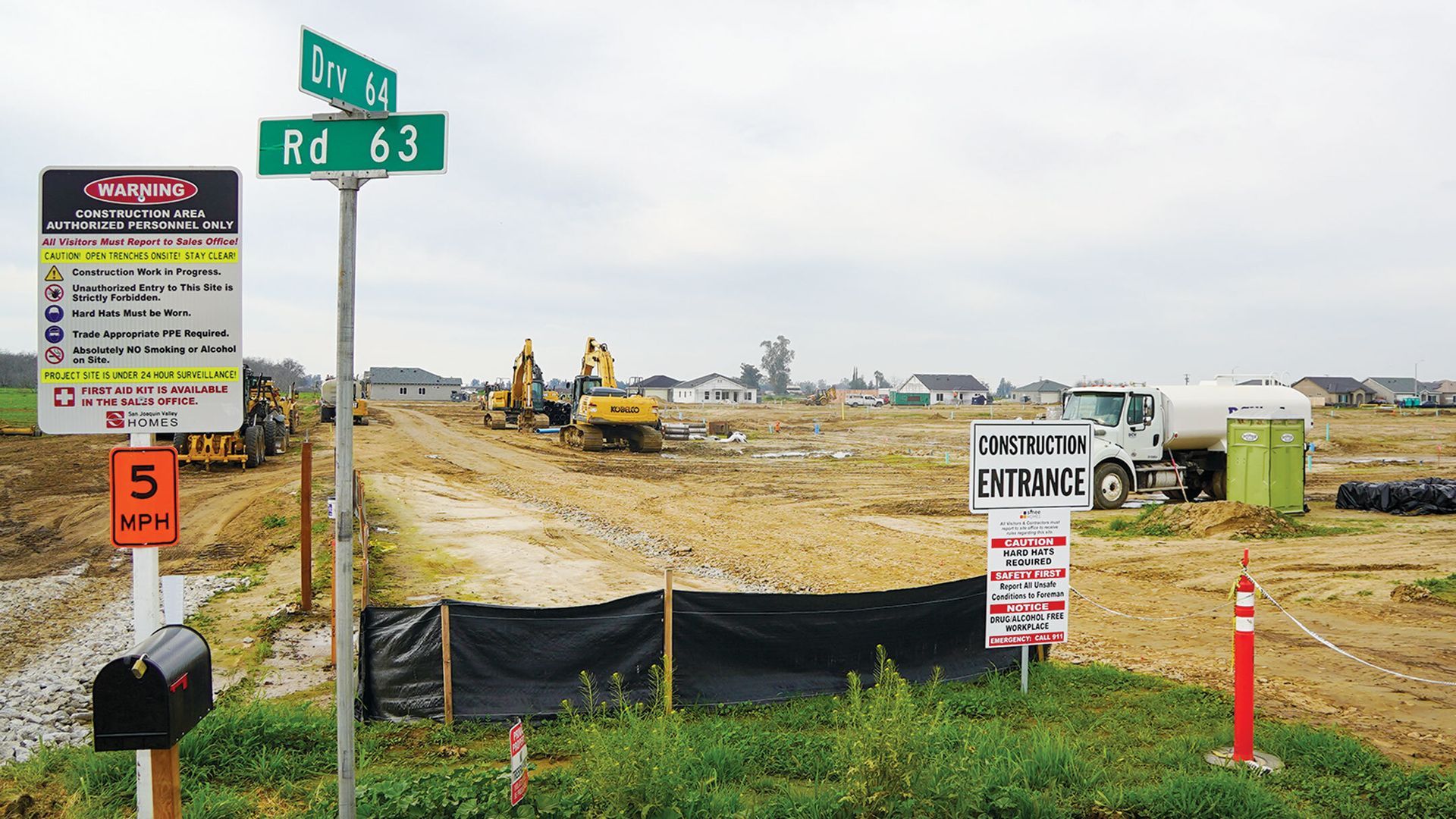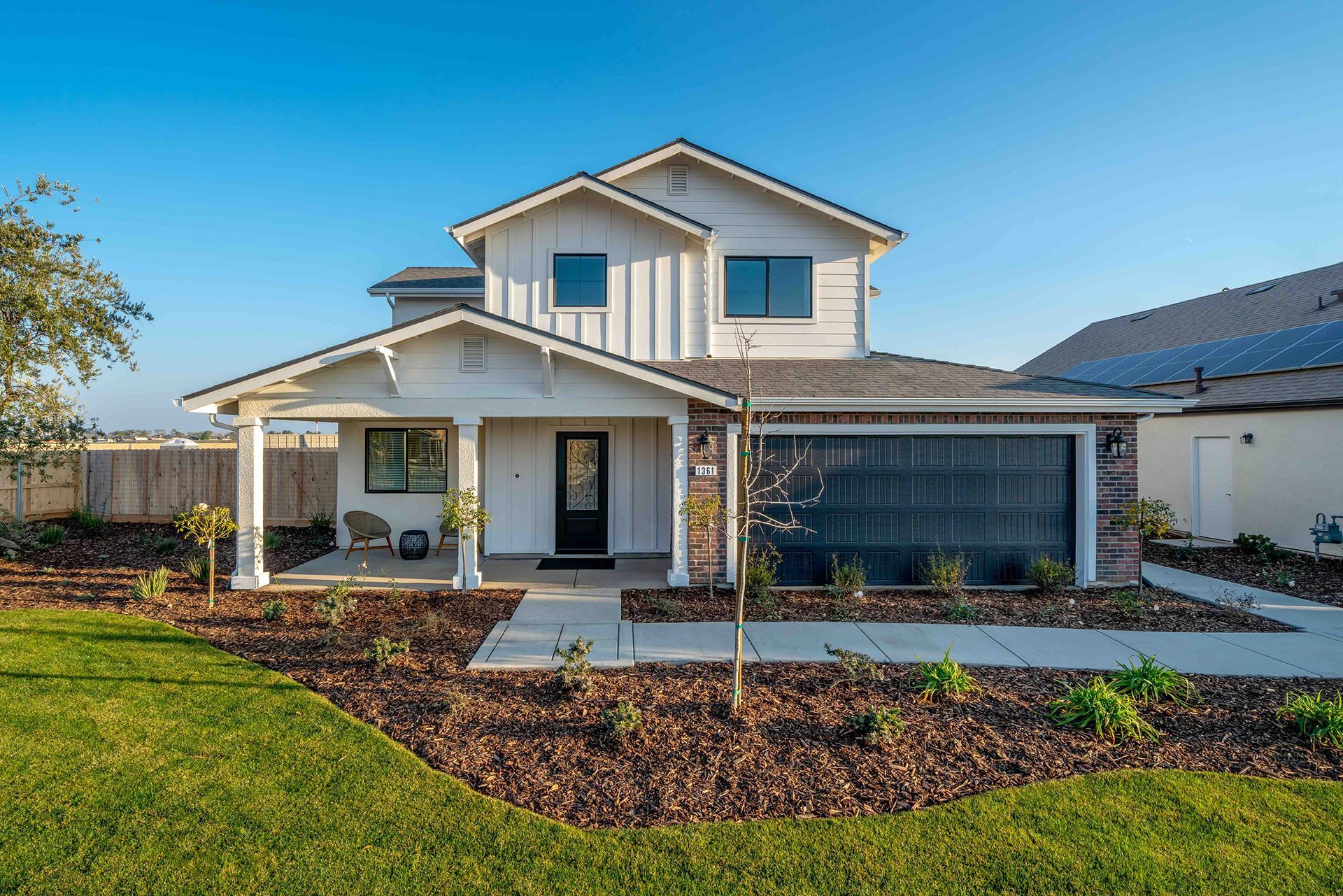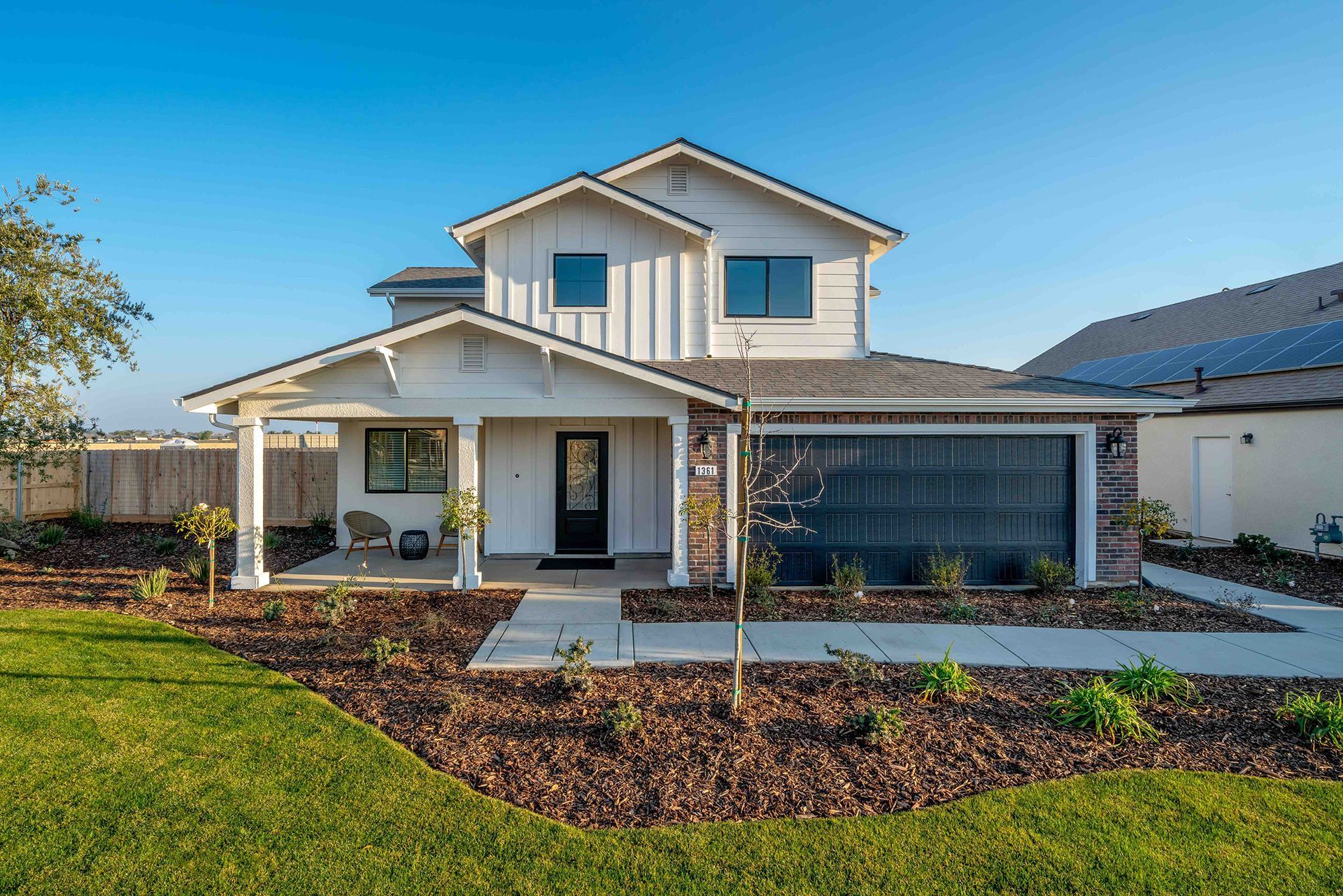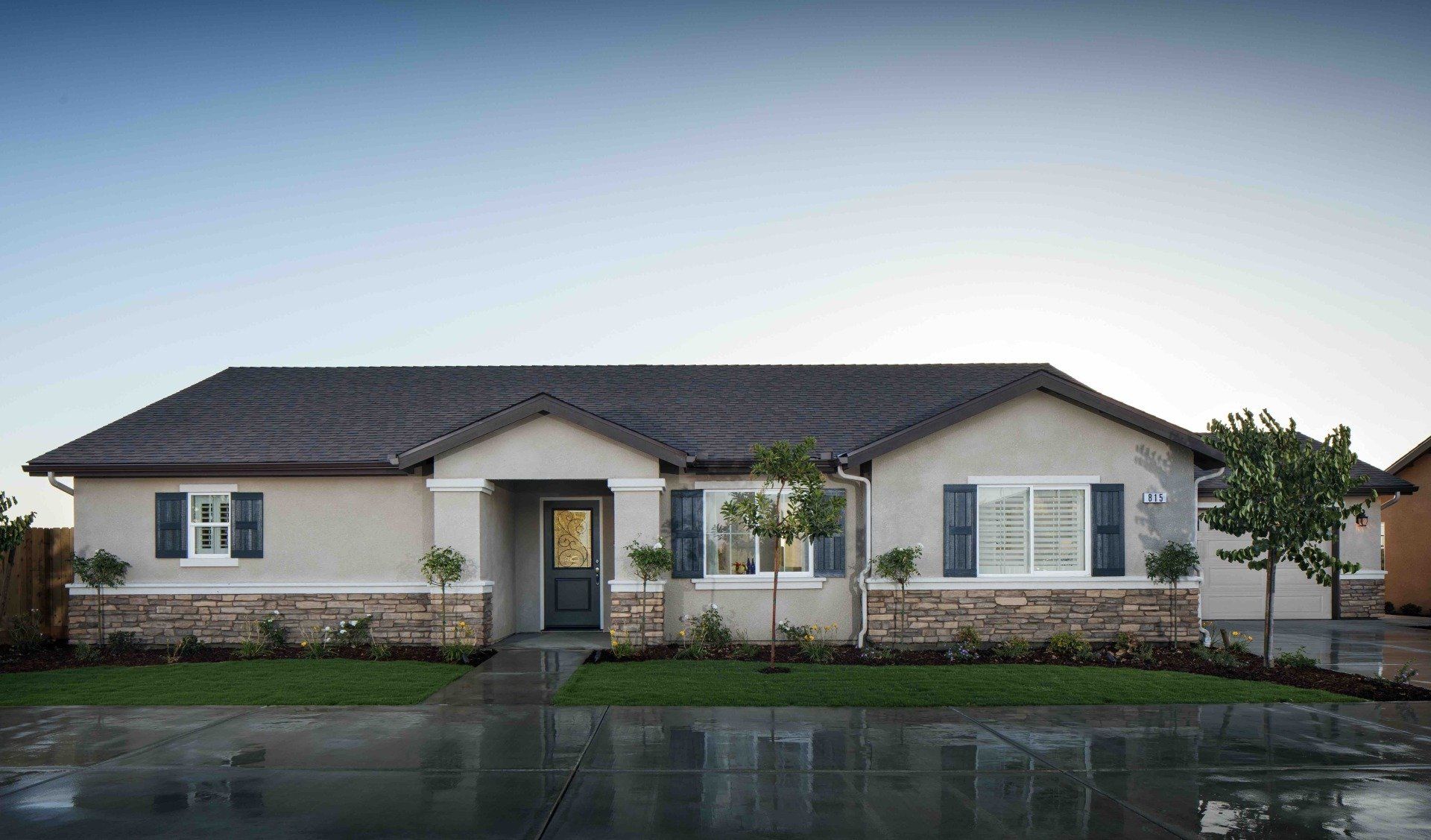Is It Time To Stop Renting And Buy That First Home

If you’re thinking about buying your first home, chances are you’re renting now. And you might be wondering whether you’re better off buying a home or continuing to rent.
The truth is that there are advantages and downsides to both buying and renting, depending on your circumstances. For example, renting might be better if you have a fast track career and have to move every couple of years. On the other hand, your landlord can raise your rent every year when your lease is up. Buying has the advantage of building equity and improving your credit score, but it also means paying taxes and homeowner’s insurance, and of course you’re responsible for maintenance.
To help decide if this is a good time to buy your first home, ask yourself these five questions:
- Will you be living there for at least 5 years? Buying a home in order to build equity is one of the main financial reasons prospective buyers jump into the market. When you pay rent, you are paying your landlord’s mortgage or adding equity to his or her bank account. However, when you have a home mortgage, you increase your degree of ownership in your home with every payment. A general rule is that if you intend to stay in your property for at least five years, the costs of purchasing the home are more likely to be offset by accrued equity and increased housing value.
- How much will you have to pay upfront? There are upfront costs that come with both buying and renting. If you rent, you’ll typically need to come up with first and last month’s rent and a security deposit. If you buy with a conventional loan, you’ll need to make a down payment and you’ll have to pay closing costs, which typically run from 2 – 4% of the home’s value. However, SJV Homes offers an incentive program that can help homebuyers with closing costs.
- Is your credit strong enough to secure an affordable mortgage? There are many options for financing a new home, including some offered by the government to help first-time home buyers. In general however, you should have a solid credit score (figure at least 620) to qualify for a mortgage and get a good interest rate on your loan. And lenders will probably also want to check factors like your debt-to-income ratio and salary before approving you for a loan. Before you decide to buy, find out what your credit score is and what mortgage options you have.
- Do you qualify for the USDA Rural Development loan and is it available in your area? USDA Rural Development loan is one of the last remaining 100% financing programs and is the perfect way to finance your home without coming up with a down payment. These programs offer flexible, common sense underwriting guidelines, relaxed credit requirements, no PMI (private mortgage insurance), the ability to finance closing costs into the loan amount, lenient seller concessions, and rates that are comparable to, if not better than, conventional fixed rate mortgage programs.
- Have you crunched all the numbers? Ron Throupe, an associate professor of real estate at the University of Denver, says the biggest mistake future homebuyers make is comparing a month’s rent to a month’s mortgage payment. “Many people don’t have all the numbers,” he says. “There are many additional fees you need to include to make a fair comparison: the principal interest, property taxes, property insurance, homeowners association fees and maintenance.” To make an informed comparison between the financial cost of buying versus renting, talk to a financial advisor or do a quick audit yourself using a free online calculator like this one by the New York Times.
As always in America, the drive to be a homeowner remains strong. It’s mostly about freedom: The ability to paint the walls whatever color you want, or know that a landlord is not going to raise your rent or ask you to leave. Owning a home has many financial and psychological benefits, as long as you don’t lose perspective on the investment you’re making, according to this recent article in Forbes magazine.
To help sort out your options and decide if it’s time to buy your first home, contact us at San Joaquin Valley Homes today.


